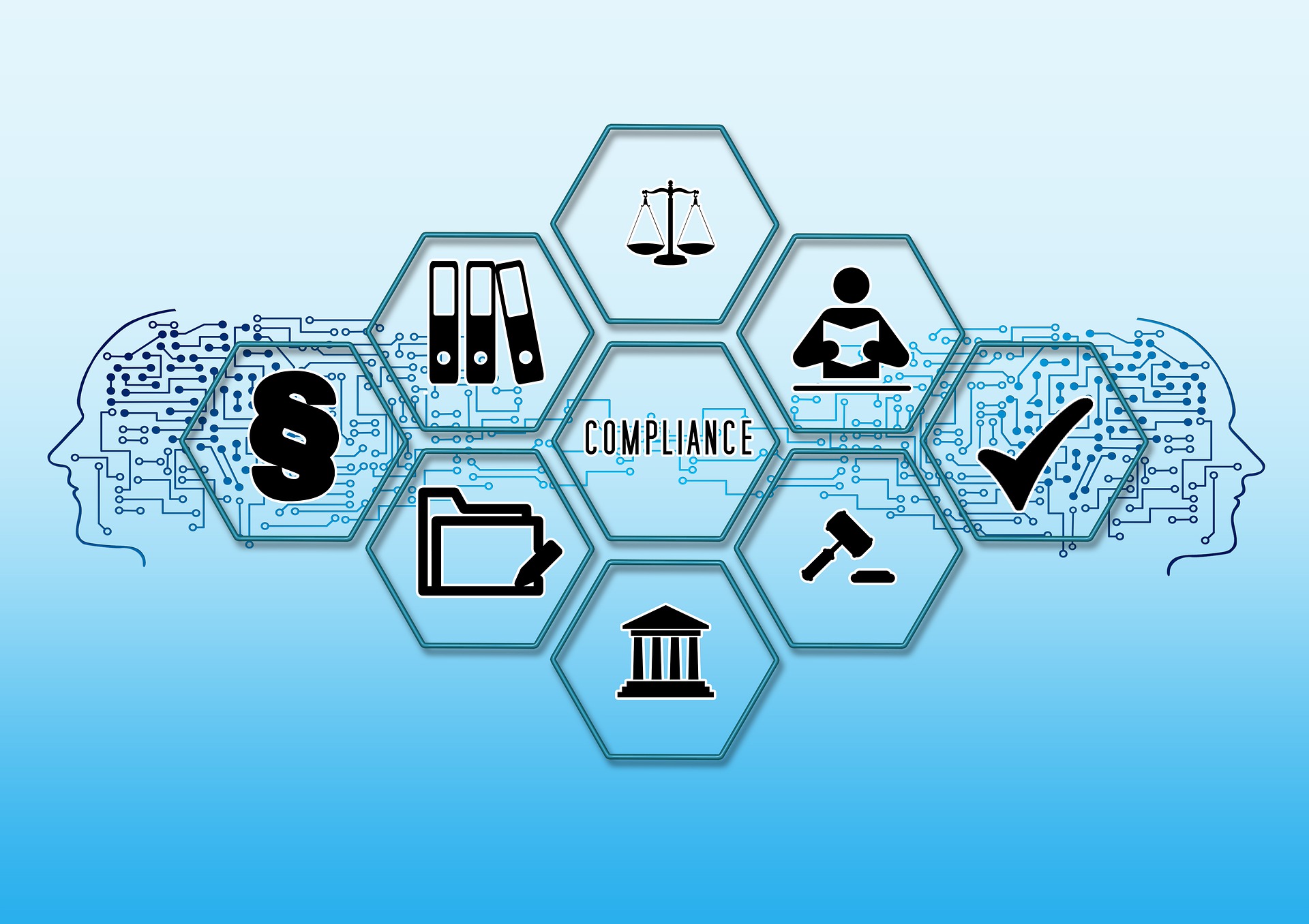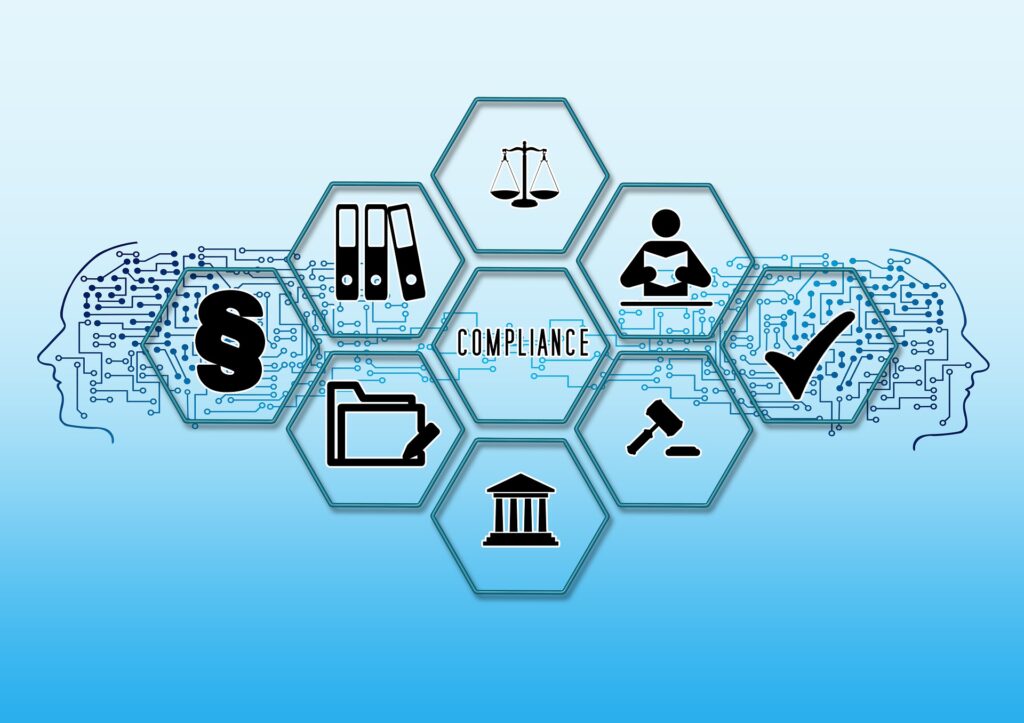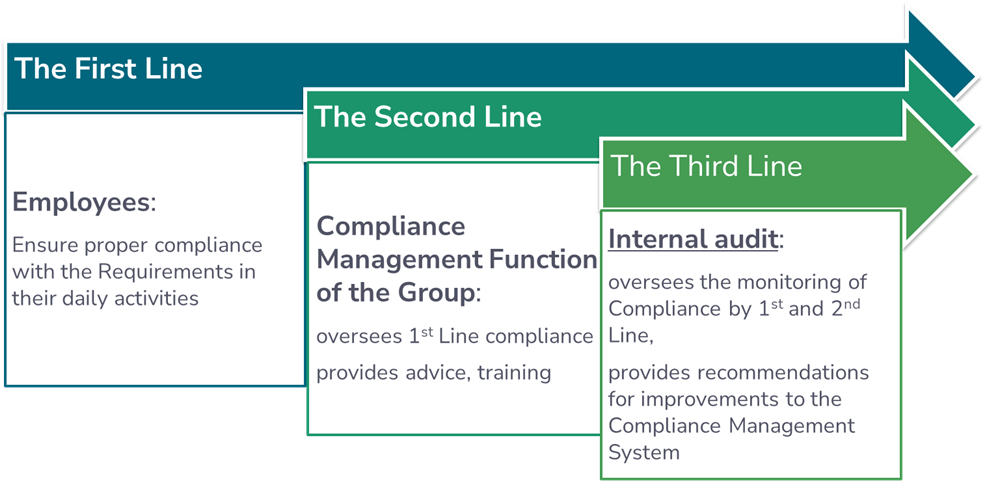
Compliance policy

Compliance is the process of ensuring that the Energy cells, UAB complies with and implements the requirements of the European Union and the Republic of Lithuania legislation, internal company documents, other legally binding documents, best practices and industry standards.
Managing and ensuring compliance is particularly important for the Energy cells, UAB because:
- we operate in the energy sector, which is important for national security;
- any breach of compliance could result in financial, reputation, disruption or environmental consequences for the Energy cells, UAB;
- in accordance with the Law on the Protection of Objects of National Security Importance of the Republic of Lithuania, Energy cells, UAB are considered to be undertakings of national security importance, and their infrastructure is considered to be infrastructure of strategic importance for national security;
- compliance with the requirements is a prerequisite for achieving the Company’s strategy and objectives and for ensuring a good reputation and the Group companies take all necessary measures to ensure that the requirements are met and that compliance with them does not conflict with the values of the Company.
System of Compliance Management
The Compliance Management System aims to prevent noncompliance, identify potential risks related to compliance and mitigate the probability of their occurrence/negative impact.
The following principles are applied to ensure effective Compliance Management within the Company:
- The principle of accountability: Compliance is ensured by every employee in daily processes that he/she manages/executes;
- The principle of application of the risk-based approach: Compliance Management is conducted in such a way that resources allocated to ensure Compliance are adequate to respond to emerging risks relating to Compliance;
- The principle of sustainability: The aim is to ensure that Compliance Management contributes to the governance principles set out in the Group’s strategy that are focused on a sustainable future;
- The principle of integrity: Compliance Management forms part of daily operations which is related to risk management and is inseparable from other processes effective at the Companies, and is based on operational policies of the Group and other documents regulating the internal processes, as well as on values of the Group;
- The principle of activity documentation and traceability: The main actions of Compliance Management must be properly recorded and stored, thus creating preconditions for traceability, control of the actions performed and the improvement of the Compliance Management processes;
- The principle of independence of Compliance Management: Compliance Management is an independent activity that is independent of other functions. The combination of the Compliance Management function with other functions may be acceptable, provided that it does not create a conflict of interest and does not impair the effectiveness of the Compliance Management function.
At the Company, Compliance Management is conducted using the Three Lines Model:
The 1st Line identifies the Requirements in the activities performed, ensures Compliance of the activities performed with the Requirements, manages the risks relating to Compliance, eliminates cases of Non-compliance;
The 2nd Line supports the Compliance Management system, oversees how the First Line ensures Compliance, perform Compliance monitoring actions, provide consultations, conduct training and promote the Compliance Management culture at the Companies. Taking into consideration the context and size of the activities of the Companies, the Compliance Experts may also perform the functions of the 1st Line;
The 3rd Line oversees how the 1st and the 2nd Lines supervise Compliance and provides recommendations on the improvement of the Compliance Management System.
